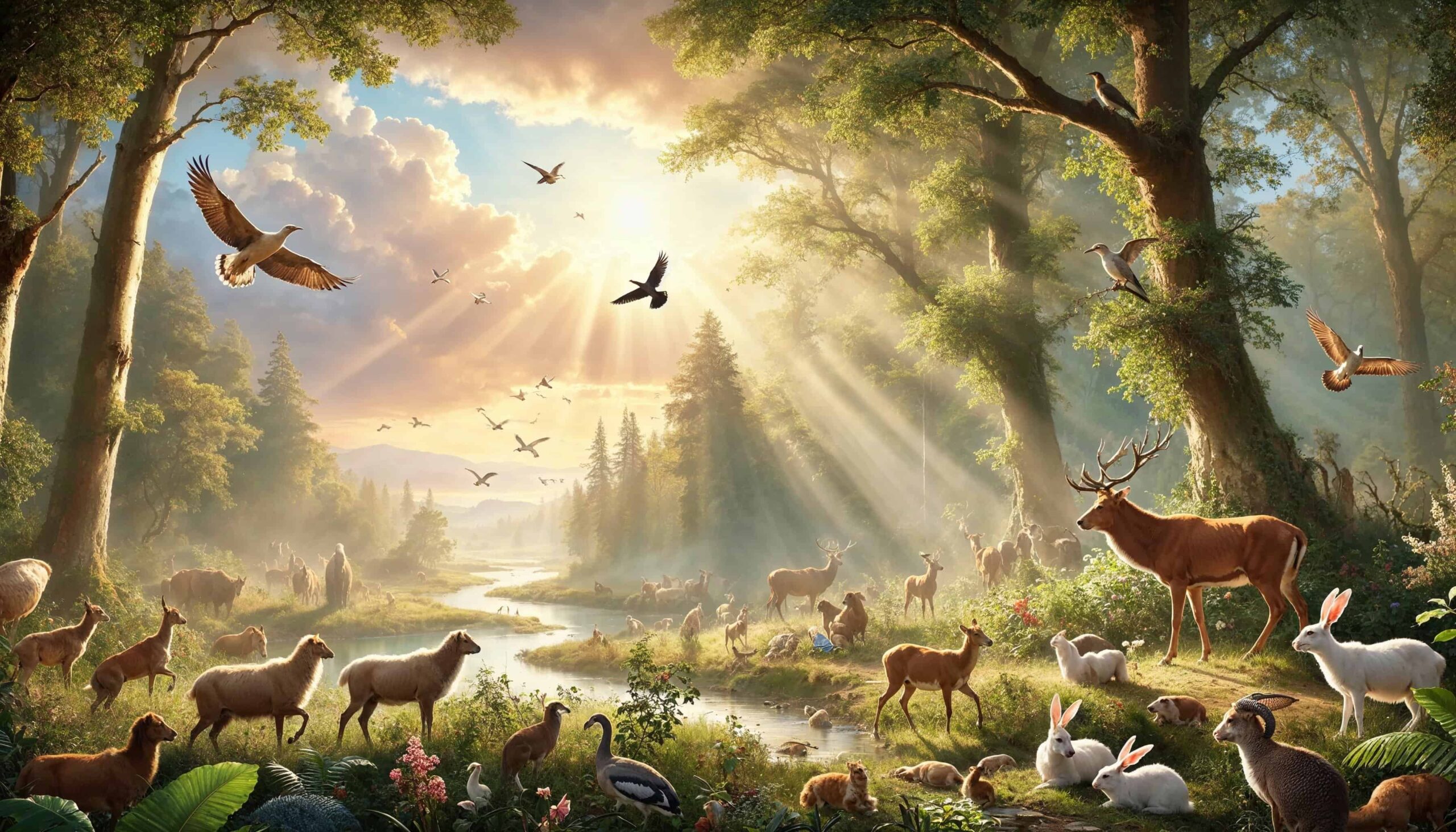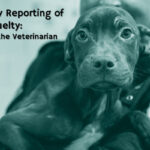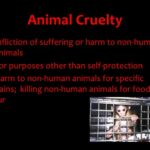The intersection of spirituality and animal welfare presents a complex, multifaceted quandary for many believers and philosophers alike. The question of why God permits animal cruelty is not merely a query rooted in logistical reasoning but a profound inquiry that reverberates through the ethical frameworks of societies worldwide. This contemplation invites us to delve into theological implications, moral obligations, and the nature of divine justice—all while considering our place within the tapestry of life.
To embark upon this exploration, we must first acknowledge the inherent value of animals within our ecosystem. Just as a conductor leads an orchestra, weaving together the melodies and harmonies of each instrument, so too does the presence of animals enrich the symphony of existence. Each creature, however small or seemingly inconsequential, plays a distinct role in the web of life, invoking the principle of interconnectedness that many spiritual philosophies espouse. Yet, amidst this grand design, cruelty manifests—a cacophony that disrupts the harmony, compelling us to ask, “Why?”
One perspective posits that the existence of free will holds paramount significance in understanding this dilemma. Humanity, endowed with the ability to make choices, often wields that power irresponsibly. The capacity for benevolence is mirrored by an equally potent ability for malevolence. In this light, God’s allowance of free will can be seen as a double-edged sword; it enables the flourishing of kindness, love, and compassion but also permits the specter of cruelty to loom large. As we navigate the moral landscape, choices become laden with consequences, affecting not just humans but the sentient beings who share our world.
This notion raises additional questions about divine intervention and the nature of God’s oversight. Some contend that an omnipotent deity should intervene to prevent suffering. Yet, divine intervention calls into question the authenticity of human experience. If God continuously mitigated every instance of suffering, would the capacity for growth, empathy, and ethical discernment diminish? Therein lies an enigmatic conundrum: is the allowance of suffering, even in the form of cruelty to animals, necessary for the cultivation of virtues such as compassion and sympathy?
Beyond free will and divine oversight, we must contemplate the theological implications embedded within the scripture and teachings of various faiths. For example, many religious texts advocate for kindness to animals, positioning them as creations deserving of respect and consideration. In Christianity, Proverbs 12:10 explicitly states that “A righteous man cares for the needs of his animal.” This ethos underscores a moral obligation towards the welfare of non-human beings, suggesting a divine expectation of stewardship rather than exploitation.
Moreover, the divergence in human treatment of animals speaks volumes about our moral evolution. Historical accounts often reveal a vicious cycle of abuse stemming from ignorance. In trading vulnerability for strength, humanity has eclipsed the inherent worth of non-human life, prioritizing profit and dominion over compassion and cohabitation. This modern reality hints at a spiritual malaise, a disconnection from the very principles that bind creation. Thus, the reflection upon cruelty transcends mere observation—it becomes a call to action.
From this spiritual vantage point, we must consider the transformative potential buried within the act of witnessing cruelty. By confronting uncomfortable truths, individuals can catalyze discussions about ethics, empathy, and humane treatment. Compassion arises not only from theoretical understanding but also from the raw experience of witnessing suffering. The pangs of conscience incited by animal cruelty can inspire a collective shift toward advocacy, encouraging individuals to embrace their roles as guardians of creation.
Furthermore, the allowance of cruelty could be perceived as an invitation to deepen one’s spiritual journey. Challenges often elucidate the facets of our character that require refining. The cruelty witnessed in the world instills a sense of urgency to advocate for change, propel ethical practices, and amplify the voices of the voiceless. This moral imperative offers an opportunity for redemption, calling upon humanity to rise above base instincts and forge a path guided by compassion.
Indeed, one could liken this journey to a pilgrimage—an archetypal quest toward enlightenment and understanding. Throughout history, pilgrims have traversed vast landscapes, not only for physical destinations but for spiritual growth. The development of a compassionate heart often asks one to walk the arduous path towards understanding and rectifying the cruelty that exists. Engaging with the plight of animals necessitates an awakening, a deliberate choice to lend one’s voice to the silence that shrouds their suffering.
In essence, while grappling with the question of why God allows animal cruelty, one unveils layers of philosophical and theological implications. This inquiry traverses not only anthropocentric perspectives of morality but also calls for deeper introspection about one’s beliefs and responsibilities towards fellow sentient beings. The challenge lies not in seeking definitive answers, but in fostering an awareness of the intricate, interconnected network of life and the ways in which our choices reverberate through this fabric.
Ultimately, engaging with this complex topic requires more than dialogue; it demands action rooted in compassion and advocacy. The question will persist, guiding pathways of thought and ethical deliberation, inviting each of us to reflect on our roles within the divine tapestry. Transformation springs from awareness, and in the realm of spirituality and animal welfare, the call to respond reverberates loudly. Every small act of kindness contributes to the symphony of life, offering hope that one day the melodies will harmonize, crafting a world where cruelty gives way to compassion.






